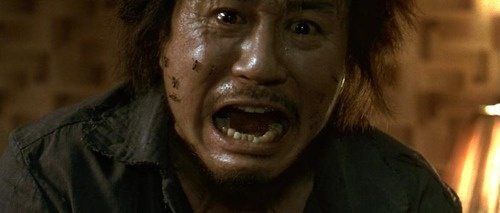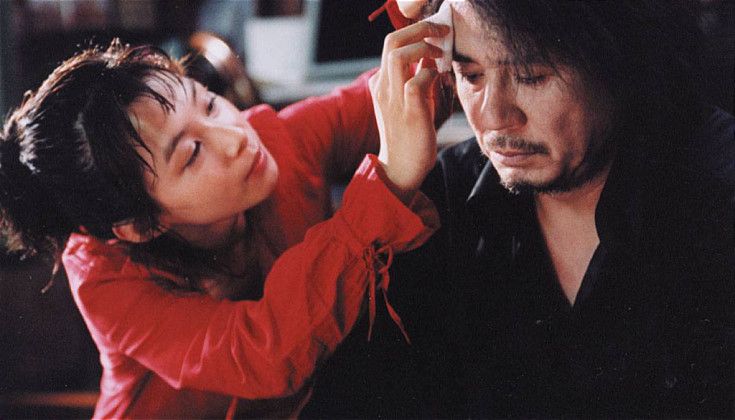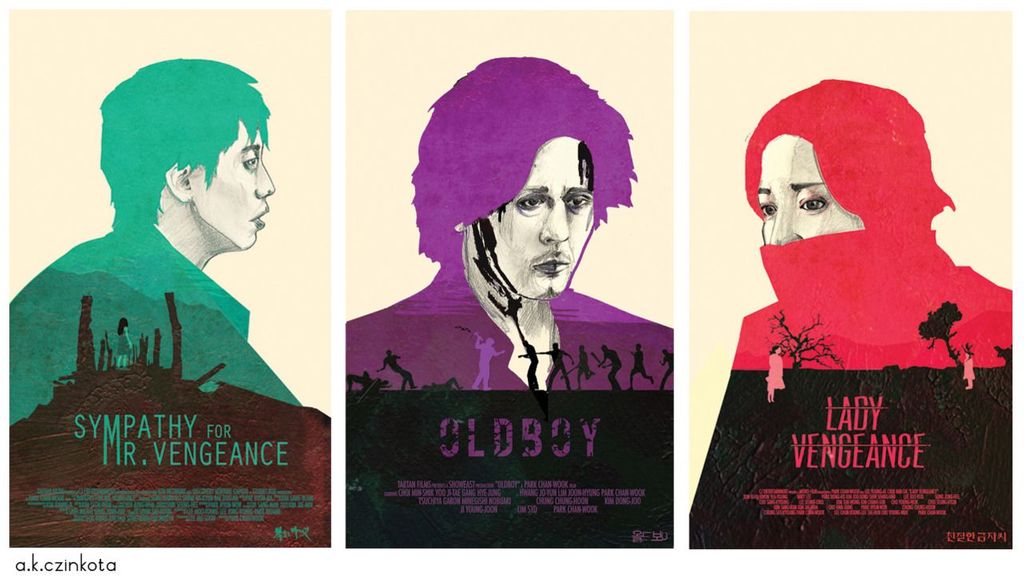Park Chan-Wook & Korean Cinema
Jun 18, 2019 • 46 views
Sixteen years after its release, Park Chan-wook's Oldboy remains a strikingly unique work. Albeit known for its sporadic scenes of inauspicious brutality, which today appear to be generally limited, the film is philosophical instead of exploitative, with an attention on uncovering the savage center of mankind that civilisation more often than not figures out how to hold in line.
Reasoning does not work admirably except if it's attached to a solid narrative, and the story, co-composed by Park however dependent on a Japanese manga by Nobuaki Minegishi and Garon Tsuchiya, is fulfilling. the veteran entertainer Choi Min-sik’s – incorporating a scene wherein he eats a live octopus – is so extreme, it makes what is really a mental dream appear to be genuine.

The clever script pursues an unpredictable course that achieves a consummately normal, if altogether exasperating, end. It starts with Dae-su (Choi) ending up in a private jail for no clear reason. As the years go by, Dae-su quits any pretense of attempting to work out why he's been detained and begins to plot revenge on the obscure figure who put him there. Following 15 years, Dae-su is discharged – once more, for no noticeable reason – and goes analyst to discover who demolished his life, and why. Arbitrary occasions recommend, nonetheless, that he's as yet not by any means free of his captor.
Revenge is a crude feeling that satisfies no sound goal, and it demonstrates the ideal foil for Park to investigate what Joseph Conrad called our basic "heart of dimness". Dae-su's hunger for revenge is great to the point that there is no profundity he won't succumb to, including self destruction and humiliation, to accomplish it.

Park cautiously separates his character from the cliché grandiose cinema vigilante by making Dae-su aware that he has transformed into a brute – the character every now and again considers himself as a beast as he reverts into a being who has newly discovered crude emotions and are put at the administration of his altogether current day insight. A staggeringly shrewd plot contort that makes the revenge topic a two-way game is alarming, and the possibility that we may make others endure by submitting apparently paltry acts raises the story above standard business entertainment.
Park, a previous motion picture critic who showed himself filmmaking, says that crafted by Greek tragedian Sophocles, especially the Oedipus plays, inspired his translation of the Oldboy story, and a brutal subject of incest has a proximity with the ancient classic.

Oldboy brought the new Korean cinema wave to mainstream international attention, and the film got grants at various celebrations, including the Grand Prix at Cannes. It's known as section two of Park's "retaliation set of three", which incorporates 2002's Sympathy for Mr Vengeance and 2005's Lady Vengeance.
